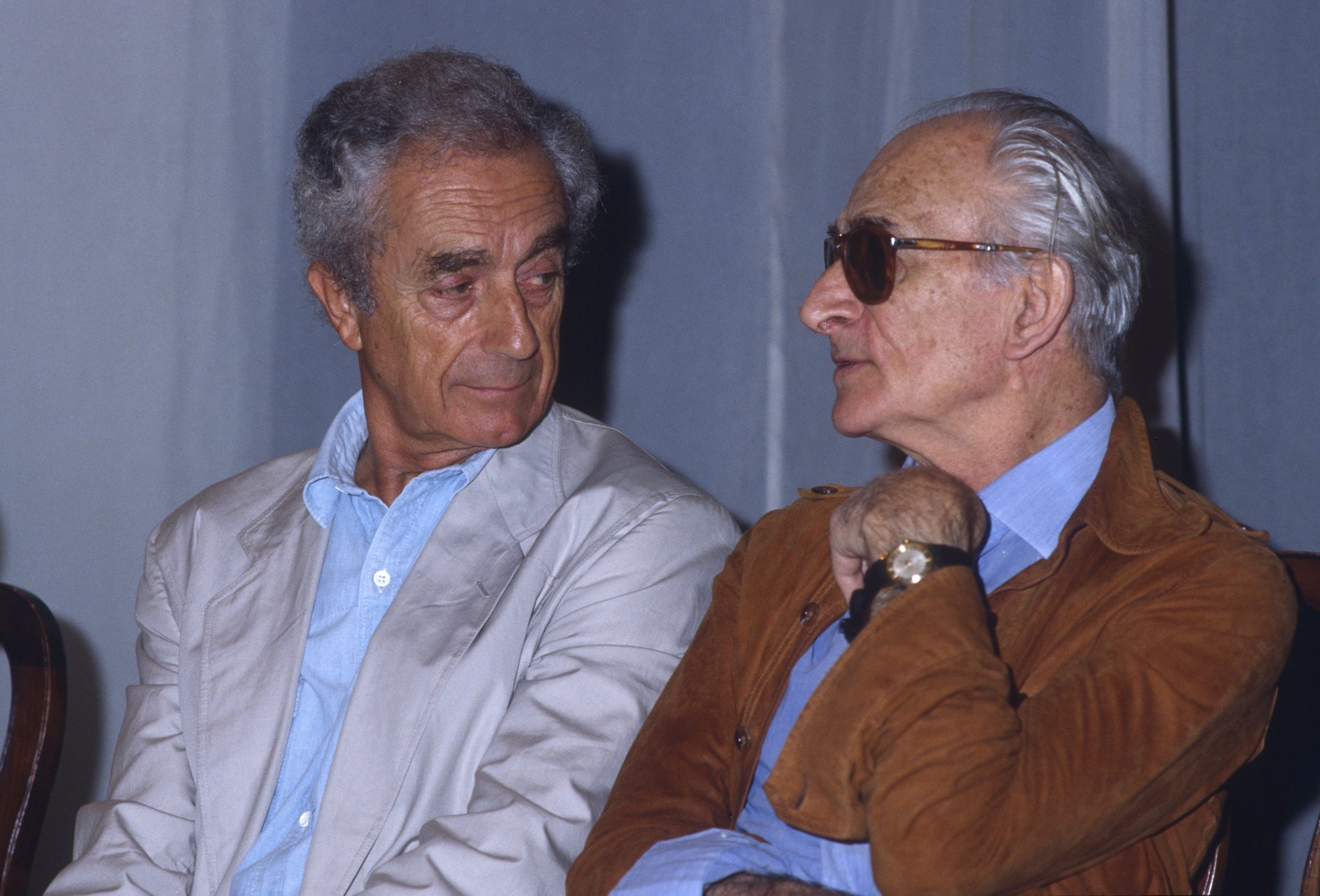The George L. Graziadio Center for Italian Studies is proud to present a one-day conference on legendary Italian filmmaker Michelangelo Antonioni Saturday, Sept. 28, from 9:30 am to 6:00 pm.
“1912-2013: 101 Years of Michelangelo Antonioni” is co-sponsored by the Romance, German, Russian Languages and Literatures department and the Film and Electronic Arts Department (thanks to its chair, Prof. Jerry Mosher). Also, the help of student organization Club Italia was essential to secure funds, and members and officers of the Club will take care of the logistics on September 28 in order to ensure the success of the conference.
The event will feature Italian film scholars Murray Pomerance, Thomas Harrison, Mary Ann Carolan, Fulvio Orsitto and Fletcher Beasley, whose papers will explore the many facets of the director’s oeuvre.
The conference opens with UCLA’s Thomas Harrison, who will set the tone with a lecture entitled “Framing the Story: The Beginnings and Endings of Antonioni’s Films.” Next up will be Mary Ann Carolan (Fairfield University), with a paper entitled “An Italian in Peking: Antonioni’s Chung kuo/Cina (1972).” Fulvio Orsitto (CSU Chico) will investigate Antonioni’s films of the Seventies while Canadian film scholar Murray Pomerance (Ryerson University) will discuss Antonioni’s reportorial gaze.
The program also will include Film and Electronic Arts’ professor Fletcher Beasley who will discuss Antonioni’s use of music in his paper entitled “Soundscapes and Musical Drama in the films of Michelangelo Antonioni.”
The conference will conclude with a screening of the recently restored version of Antonioni’s La Notte from 1961.
Antonioni was a multitalented artist who redefined the concept of narrative cinema and challenged traditional approaches to storytelling, and who approached film from both a metaphysical and philosophical perspective.
This conference offers a great opportunity to those who already know Antonioni’s films, but also to those still not familiar with the Italian director. Hearing scholars from all over the world offer new insights into his work will certainly instill with the desire to go back and watch these great films again, or to start exploring the oeuvre of one of the world’s most important filmmakers.
Every event the Graziadio Center for Italian Studies organizes demonstrates its mission as a center of language, literature, and cultural studies. This conference is no different: it shows the Center’s commitment to outreach while keeping a high scholarly standard.





























